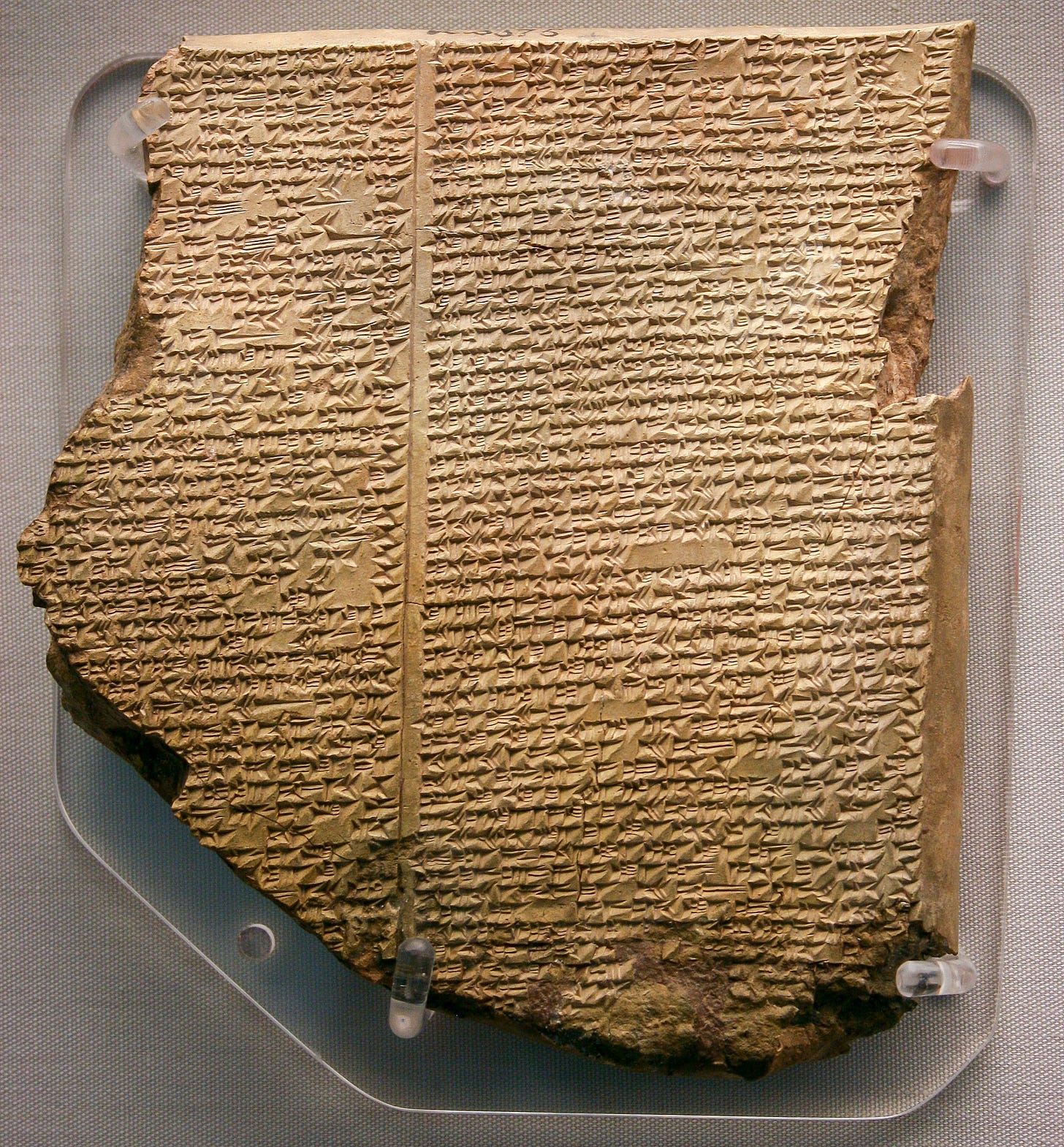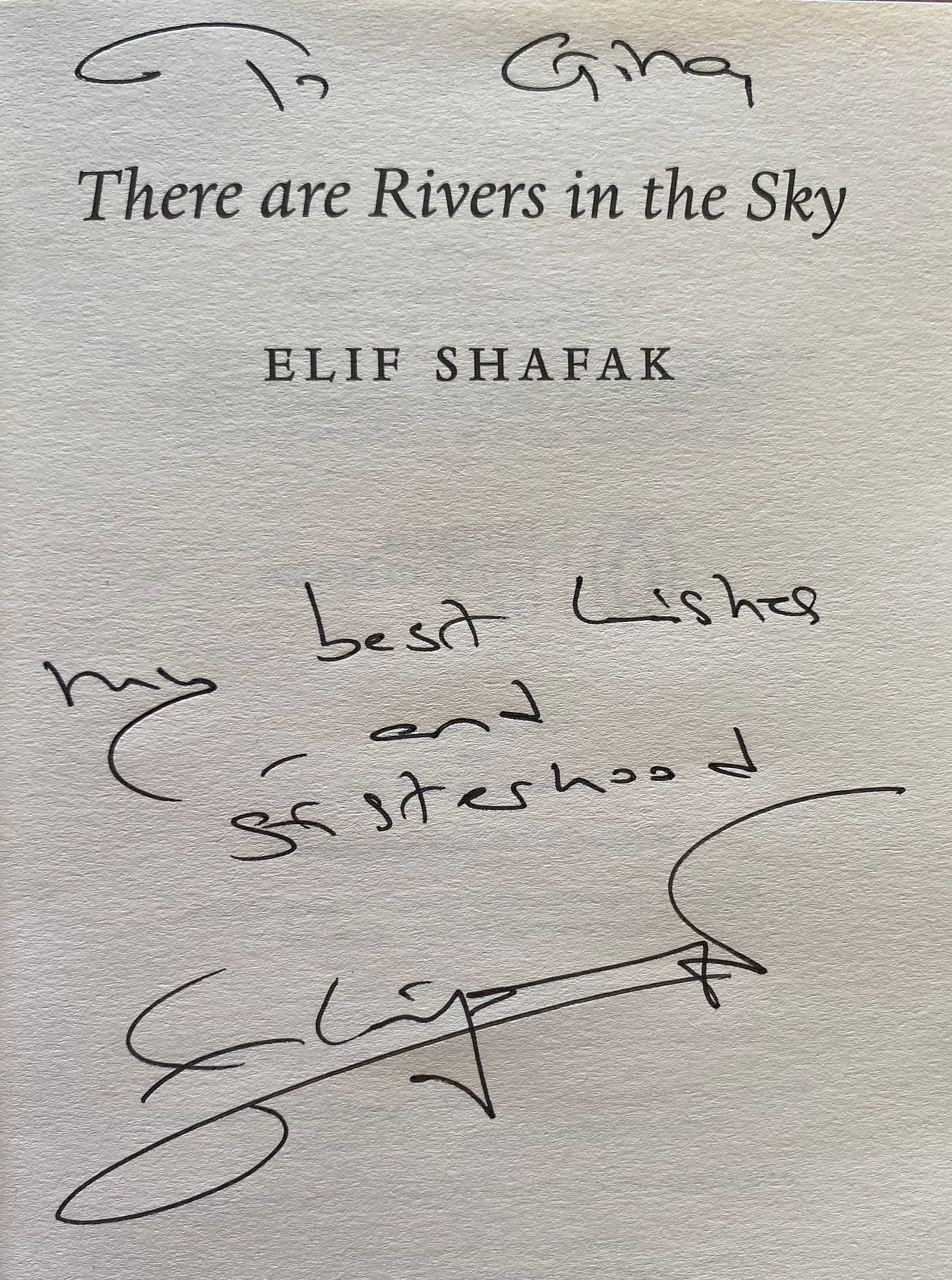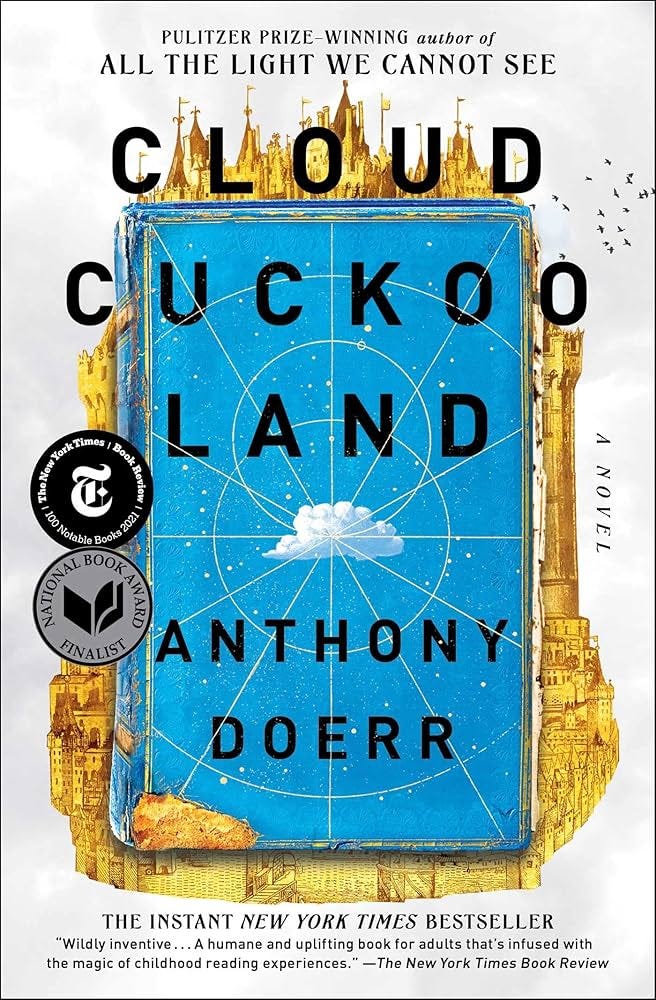I often wonder why I write. The author James Clear says
“To experience time travel, read. To achieve immortality, write”
I can agree that reading is a form of time travel, opening up worlds we may never experience or dream about, yet I’m not sure that I write to achieve immortality. I would never be so arrogant to imagine my words will outlive me, yet if I really dig deep, I know that the reason I write is long held desire to write a novel, so maybe it is a way of putting my words into a form that might live on in the world. It’s not something I have ever openly admitted, even to myself never mind to anyone else because it feels hugely vulnerable. You read it here first… just don’t hold me to account!
But despite this niggling desire that I mostly keep buried, I also believe that people who write books have some sort of superpower that is way beyond my capabilities. They can read and retain information, carry out extensive research, develop and hold complex plotlines while all the time weaving an interesting narrative that will entrance and captivate the reader. My own belief – maybe a limiting one – is that I’m not intelligent or erudite enough to even begin the complex task of writing a novel. I don’t believe I’m a writer and would never describe myself as such. Which is a dilemma because it took me nearly sixty years feeling comfortable enough to describe myself as an artist and I definitely haven’t got another sixty to ‘become’ a writer, so if I’m going to change anything I need to crack on. And that brings me full circle to the question - why do I write if I don’t think I am a writer?
I’m not sure I have the answer. I know that writing is something I enjoy. I like finding out more about a subject and writing helps me retain and remember that knowledge. It’s a way to record significant events or places visited… I’m a great fan of scrapbooks and diaries too. It is fun to share and connect and it brings real joy when readers here take the time to respond and connect with what I have written. I frequently get comments along the lines of ‘I enjoy your weekly newsletters, but I don’t often reply or comment’ and all I can say is please do leave me comments and tell me what you think. I like that two way connectivity and it is encouraging, even if you don’t agree with what I write. But ultimately I think I would like to discard that limiting belief that I’m not a real writer, and maybe one day start writing my novel, but sooner rather than later. It’s one of the reasons I am here on Substack, a wonderful platform full of writers and readers. So maybe that is why I write, so that one day I can realise a dream.
All this self-indulgent navel gazing has been brought about because last night I attended a wonderful event from the Cambridge Literary Festival that sent my head into a spin. My planned newsletter about another visit to a church and more wonderful stained glass was cast aside (it will happen, but just not this week) and instead my head was full of words and stories that I needed to get down on paper. The event was a conversation between the award winning British Turkish writer, storyteller, feminist, and human rights activist Elif Shafak and the equally renowned and celebrated Robert Macfarlane, who is a Cambridge local, to coincide with the launch of her new book ‘There are Rivers in the Sky’. The conversation was warm and compassionate covering everything from buried rivers to cultural heritage, genocide, poetry and water crisis.
I haven’t read the book yet, although it is next in line having made its way to the top of my reading pile, so I’m not attempting a review but listening to Elif describe her themes and inspiration for the book was so motivating. The story is partly about a lost poem, The Epic of Gilgamesh, possibly the oldest work of written literature, which lay hidden in fragments for centuries in the ruins of Nineveh, an ancient Assyrian city of Mesopotamia, now the city of Mosul in Northern Iraq. It is also about two rivers, The Thames which flows through London and The Tigris which starts in the mountains of Turkey before travelling through Iraq to join the Euphrates and finally flowing into the Persian Gulf. And lastly it is about three fictional characters, an extraordinary child Arthur who is based on the real life character George Smith who first discovered and translated the Epic of Gilgamesh in the mid nineteenth century, Narin a 14 year old Yazidi girl living by the Tigris in Turkey and Zaleekah, a hydrologist living on a houseboat on the Thames in London. The poem, the two rivers and the three main characters are all connected by a single drop of water as Elif weaves their story together.
The Flood tablet of the Epic of Gilgamesh, The British Museum
I have only read one of Elif’s previous novels, and there have been twelve so I have some catching up to do, but I thoroughly enjoyed The Island of Missing Trees which was my introduction to the work of this fascinating writer. I have since followed her here on Substack,
, where she writes intelligent and thought provoking stories and anecdotes from her unpublished notebooks, so I cannot wait to start reading this new novel. But meanwhile listening to her speak sent me down a long rabbit hole of research this morning, looking up the life story of George Smith and finding out about cuneiform writing, the earliest known writing system used in the ancient Middle East and notable for the wedge shaped impressions which form the symbols of the script (from the Latin cuneus meaning wedge). I have also learned about the ruined library of King Ashurbanipal, the last great king of Assyria and arguably the most brutal. And I realise the more I learn, how little I actually know and the more I want to learn, which ironically has fuelled a desire to write even more than before.It has also made me acutely aware of how ignorant I am of the history of other nations and cultures beyond Britain and those countries we invaded and colonised. I did well in History at school, one of my few A grades, which can be attributed to the brilliant teaching and storytelling of our history teacher Sister Mary Pauline. But the syllabus was woefully limited and all I have retained from anything outside the UK are sketchy details of the French Revolution and the American War of Independence. I know absolutely nothing of the complex history of the Middle East, which is interesting as I believe the first text we were given when starting secondary school was something called ‘From Ur to Rome’ designed to be a grounding in Ancient History with a chapter, I have since discovered, on The Assyrian Empire. Sadly I have no recollection of anything other than the title… perhaps if Sister Pauline had been teaching me in year 7 I might remember more.
These huge gaps in my knowledge might have left me feeling how could I possibly be a writer when I know so little of the world and when there are so many great works of literature I still haven’t read but towards the end of the discussion last night Elif Shafak gave some advice about writing. Contrary to the accepted notion that we should write about what we know, she said we should write what we feel and what is in our hearts because we can learn about the things we don’t know. And it was these words together with the inscription she wrote in my copy of the book “To Gina, my best wishes and sisterhood” that made me believe that maybe, just maybe I can be a writer, because we all need to follow our dreams.
Coincidently the book I am currently reading is Cloud Cuckoo Land by Anthony Doerr, which has many similarities. Also central to the story is an ancient text, and although this one has been imagined by Doerr, it is told in the novel by Antonius Diogenes, who was a real ancient Greek author. Diogenes tells the story of shepherd Aethon and his quest to find an imagined paradise in the sky – Cloud Cuckoo Land. Diogenes says that he discovered the story on ancient clay tablets that had been buried which is what we know happened to the Epic of Gilgamesh.
The novel tells the three separate stories of characters from the past, present and future that are woven around the discovery of Diogenes tale. There are orphaned sisters Maria and Anna who work all day doing ecclesiastical embroidery. Anna has very little talent for embroidery but has a secret power – she can read. Their story takes place in the fifteenth century in Constantinople at the same time as that of Omeir, a young peasant boy with a cleft lip who is recruited by the sultan to join his army of soldiers attempting to lay siege on the city. In the present day we meet war veteran Zeno Ninis from Lakeport, Idaho who is in a library directing a dress rehearsal of a performance of the Diogenes story by local children. During the rehearsal, a troubled young man Seymour, sensitively written by Doerr, carries out a terrorist attack on the library. And finally in the future we have the story of Konstance, who is cast adrift on the spaceship Argos which is 65 years into its voyage to discover a new planet following the destruction of the Earth at the hands of humankind.
Each of the stories within the novel has me captivated in its own right and it’s one of those books I look forward to picking up and reading each day although I’m eager to finish it so I might start There are Rivers in the Sky. Reading, learning, listening and hopefully writing to realise a secret dream. Maybe we all want immortality?
“Repository, you know this word? A resting place. A text - a book - is a resting place for the memories of people who have lived before. A way for the memory to stay fixed after the soul has travelled on” Anthony Doerr, Cloud Cuckoo Land









You are definitely a writer, Gina. You can do the research, there's no stopping you - start putting your novel together, even just scribbling notes! I think we are so alike, that constant blooming imposter syndrome. Your evening sounds wonderful, good for you for going out and finding out about new things. I'm off to a writers club this evening - a first for me but I am enjoying writing and poetry so much I want to learn a bit more about it too. Then I keep reminding myself I want to paint as well - like you I could do with a few more days in the week. You can put me down for a copy of your first novel!
Thank you I enjoyed reading your post. I’ve recently read There Are Rivers In the Sky and it’s an amazing book. Now I need a trip to the British Museum. I learnt an awful lot from Elif’s book especially about the plight of the Yazidi people.